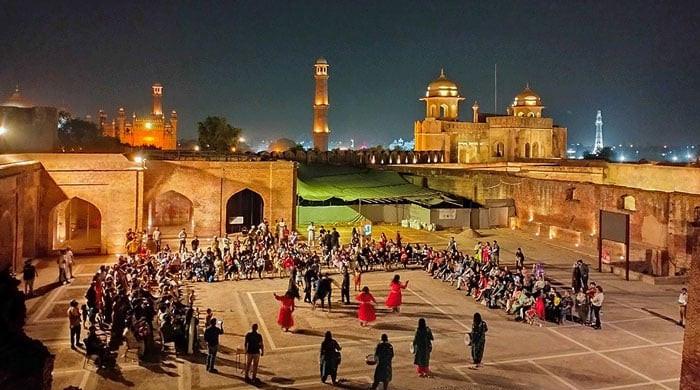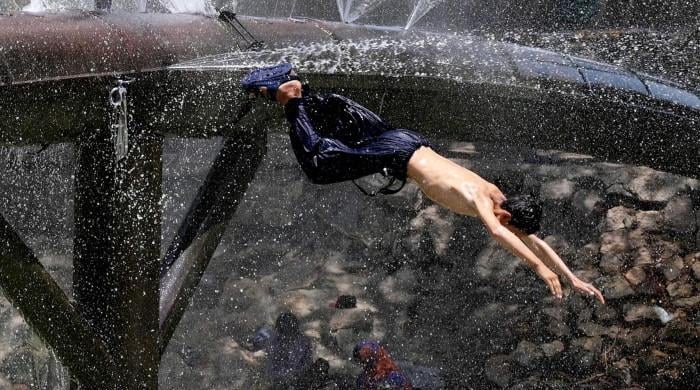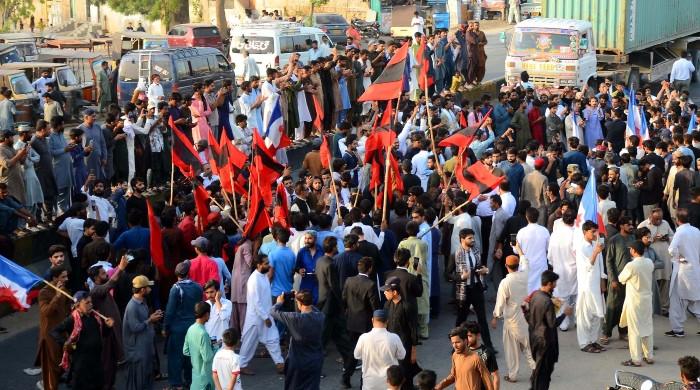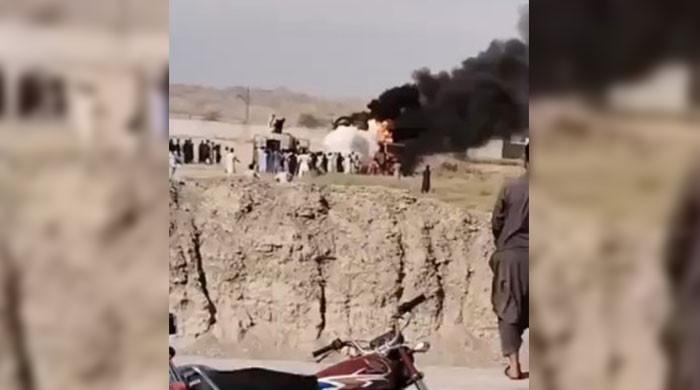More delays and a new date for Pakistan’s first metro train
Once open for business, the 27-kilometre metro train is expected to run on electricity and will transport up to 250,000 passengers a day
August 03, 2018
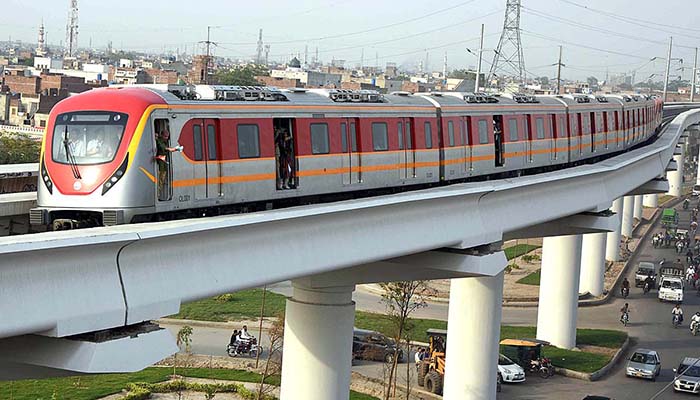
LAHORE: Construction work on Pakistan’s first metro train service is 90 per cent complete, but it won’t be up and running till March 2019, say officials.
The much-delayed project, centred in Lahore, was slated to begin operations in March, after a go-ahead from the Supreme Court of Pakistan. But the deadline was missed. Instead, the outgoing chief minister of Punjab, Shehbaz Sharif, inaugurated a test-run of the Orange Line Metro Train in May, days before leaving office.
“It is now in its final stages,” insists Muhammad Asad, deputy director at the Lahore Development Authority (LDA), tasked to execute the project, “Around 80 per cent of the electrical and mechanical work is done, while 90 per cent of the Anarkali’s underground station is also finished.” By next month, the laid out track will be handed over to Chinese experts for a final assessment, he added.
The $1.6 billion high-speed rail was launched in 2014 by Sharif’s provincial government, in collaboration with a Chinese company. Construction began a year later and was personally supervised by the then-Punjab chief minister.
Once open for business, the 27-kilometre metro train is expected to run on electricity and will transport up to 250,000 passengers a day. The capacity will be increased to 500,000 passengers by 2025.
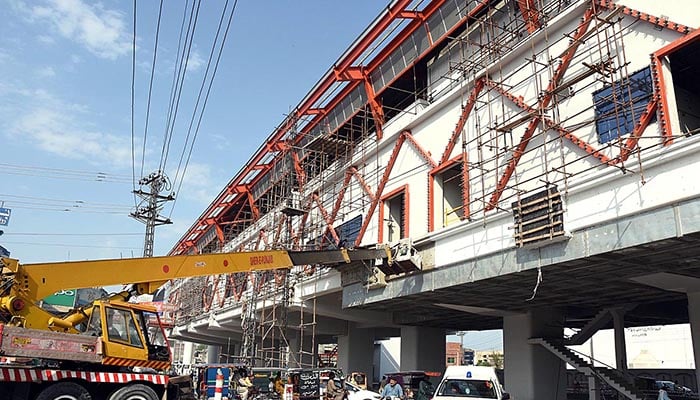
The project, however, ran into legal troubles with the Lahore High Court due to its close proximity to 11 historical monuments in the city. Then, last year, the Supreme Court allowed it to power through, with some conditions. Amongst which was the order to set up a Rs100 million fund for the restoration of the historical monuments, ensure that all construction work is monitored by archaeologists and former judges, as well as make arrangements to reduce the speed of the high-speed rail when passing near the heritage sites. The judges also instructed the government to operate the metro train “on an experimental basis for at least two weeks on the entire length of the route” to monitor vibrations.
Even though LDA officials insist that they have laboured day and night, work had to be paused in the last few months due to funds not being released by the caretaker government. “Workers of the Water and Sanitation Agency (WASA) could only be brought in once the funds were granted,” explains Asad. He further assured that there will be no further delays.




